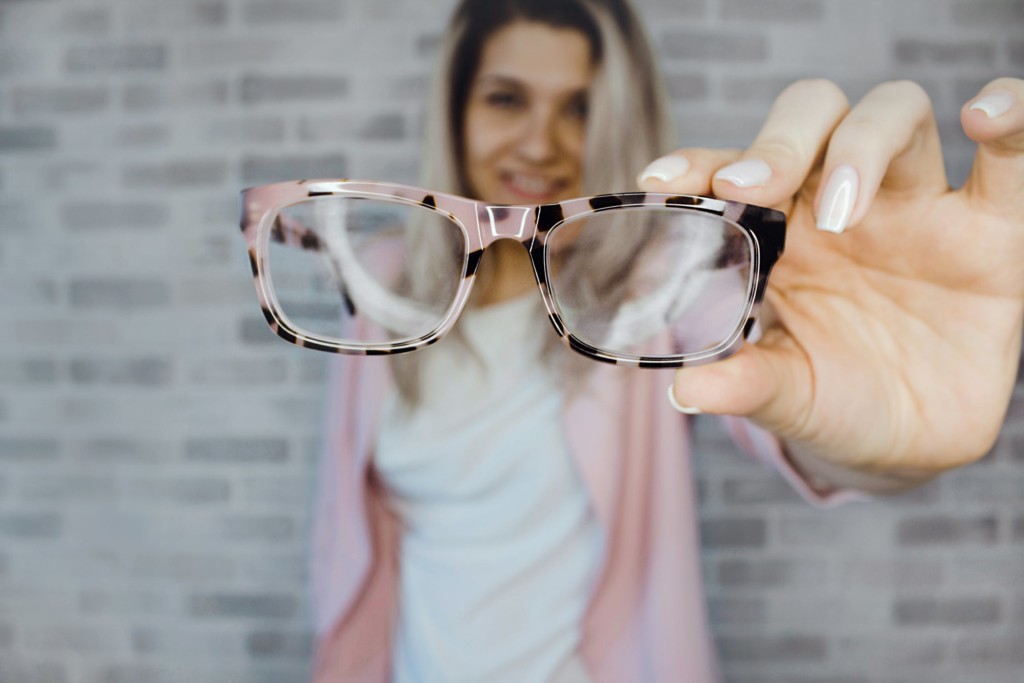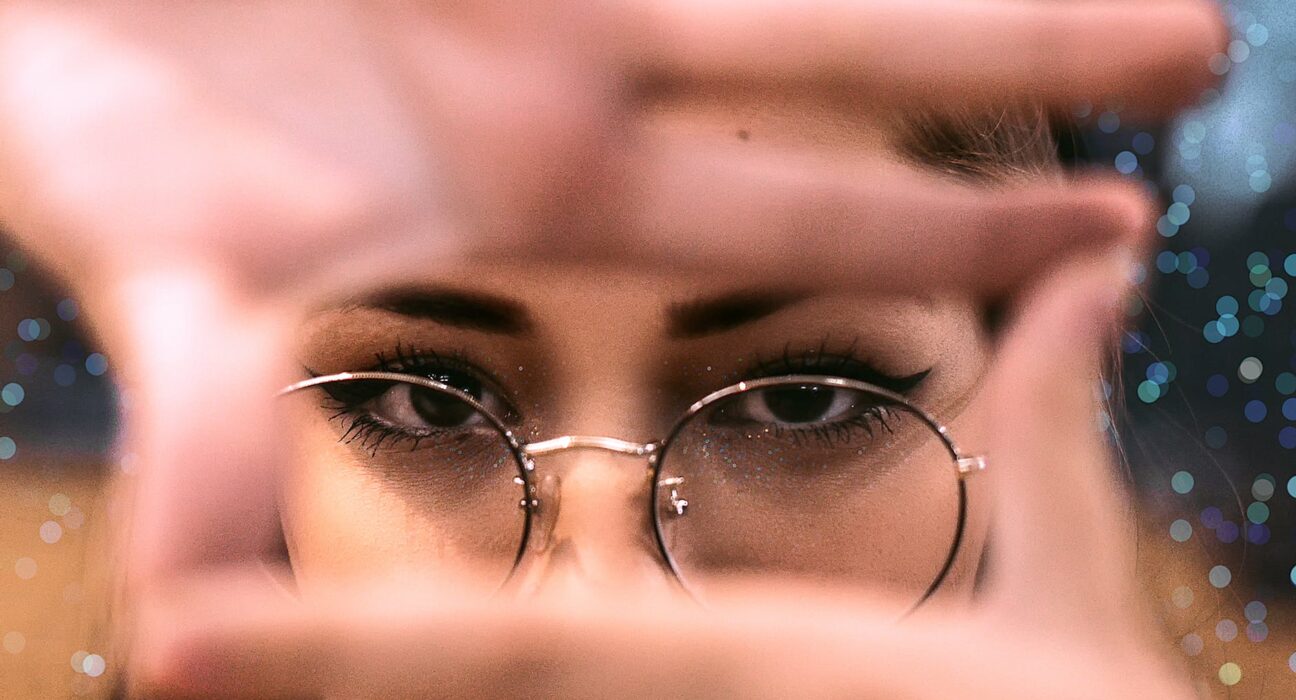If you’ve never needed glasses before, the prospect of buying your first pair can be a little overwhelming. There are so many different styles and options to choose from! How do you even know where to start?
Don’t worry; we’ve got you covered. In this blog post, we’ll give you eight helpful tips for buying your first pair of glasses.
What to Look for in Your First Pair of Glasses?

With the wide selection of glasses available in different optical stores, getting your first pair of glasses is a big decision. After all, you’ll be wearing them every day.
The first step is knowing how to choose your glasses. You want to make sure you choose a pair that you’re comfortable with and that fits your style.
Here are a few things to keep in mind when shopping for your first pair of glasses:
- Face shape: Your face’s shape should be considered when choosing glasses. For example, if you have a round face, you’ll want to avoid round frames, as they will only accentuate the roundness of your face. Instead, go for rectangular or square frames, which will help to elongate your face.
- Lens type: There are a variety of different lens types available. Before you purchase your next pair of glasses, be sure to know which type of lens will best suit your needs.
- Frame material: Glasses’ frames can be made from various materials, including metal, plastic, and wood. Again, it’s important to consider what type of material would be most comfortable for you to wear daily.
- Color: Don’t be afraid to experiment with color! With glasses, you can go for a bold look than you might with other accessories. Choose a color that compliments your features, such as skin tone and hair color.
8 Tips For When Buying Your First Pair of Glasses
Before buying your very first pair of glasses, there are some things that you’ll want to keep in mind. Here are eight tips that will help you make the right choice:
1. Get Your Eyes Checked
This one seems like a no-brainer, but getting an up-to-date prescription is vital before you start shopping for glasses. That way, you’ll have a better idea of what kind of lenses you need and what strength they should be.
2. Know Which Lenses You Need
Depending on your vision needs, you may require a different type of lens to see clearly. That’s why knowing which lenses you need is important before buying glasses.
There are different types of lenses to choose from, including:
- Single-vision: These lenses are the simplest type of lens. Single-vision lenses correct for either nearsightedness or farsightedness, but not both.
- Bifocals: These are slightly more complex; they have two fields of vision, one for distance and one for close-up.
- Trifocals: These are similar to bifocals but have an additional field of vision for intermediate distances.
- Progressives: Progressive lenses are the most complex type of lens; they provide a gradual transition from distance to close-up, with no abrupt line between the two fields of vision.
3. Decide What Style You Want
There are many different styles of glasses, from classic black frames to trendy clear ones. Think about what kind of look you’re going for and what would complement your face shape and facial features.
Additionally, because not all frames are created equal, remember to get fitted for the right size. It’s important to find a pair that fits well on your face without being too tight or loose.
4. Consider Your Lifestyle
Are you looking for a pair of glasses that you can wear every day? Or do you need something a little more durable that can stand up to outdoor activities? Finding a pair that will work well for how you live your life is important.
5. Choose the Right Type of Lens Coating
Lens coatings can help reduce glare, protect against scratches, and make your lenses easier to clean—but they’re not all created equal. Examples of lens coatings are anti-reflective (AR) coating, anti-scratch coating, and UV protection.
It’s important to note that the American Academy of Ophthalmology (AAO) recommends UV protection coatings in eyewear.
6. Compare Prices
Just because a pair of glasses is expensive doesn’t mean it’s the best quality—and vice versa. Take some time to compare prices and read reviews before making your final decision. Set a budget so you know what you can afford.
7. Choose A Reputable Retailer
Choose a reputable retailer when buying your first pair of glasses. You want to find a place that offers good quality products at fair prices and excellent customer service. With the right retailer, you’ll always feel confident in your purchase!
8. Ask About Warranties and Return Policies
Most places that sell eyeglasses will have some sort of warranty or return policy in place in case you’re unhappy with your purchase. Be sure to ask about this before you buy so that you know what your options are if something goes wrong.
Final Thoughts
Buying your first pair of glasses can be daunting, but hopefully, these tips have helped make it a little easier. Remember to do your research, stick with quality brands, and find the perfect pair that fits your needs and style. Good luck!






